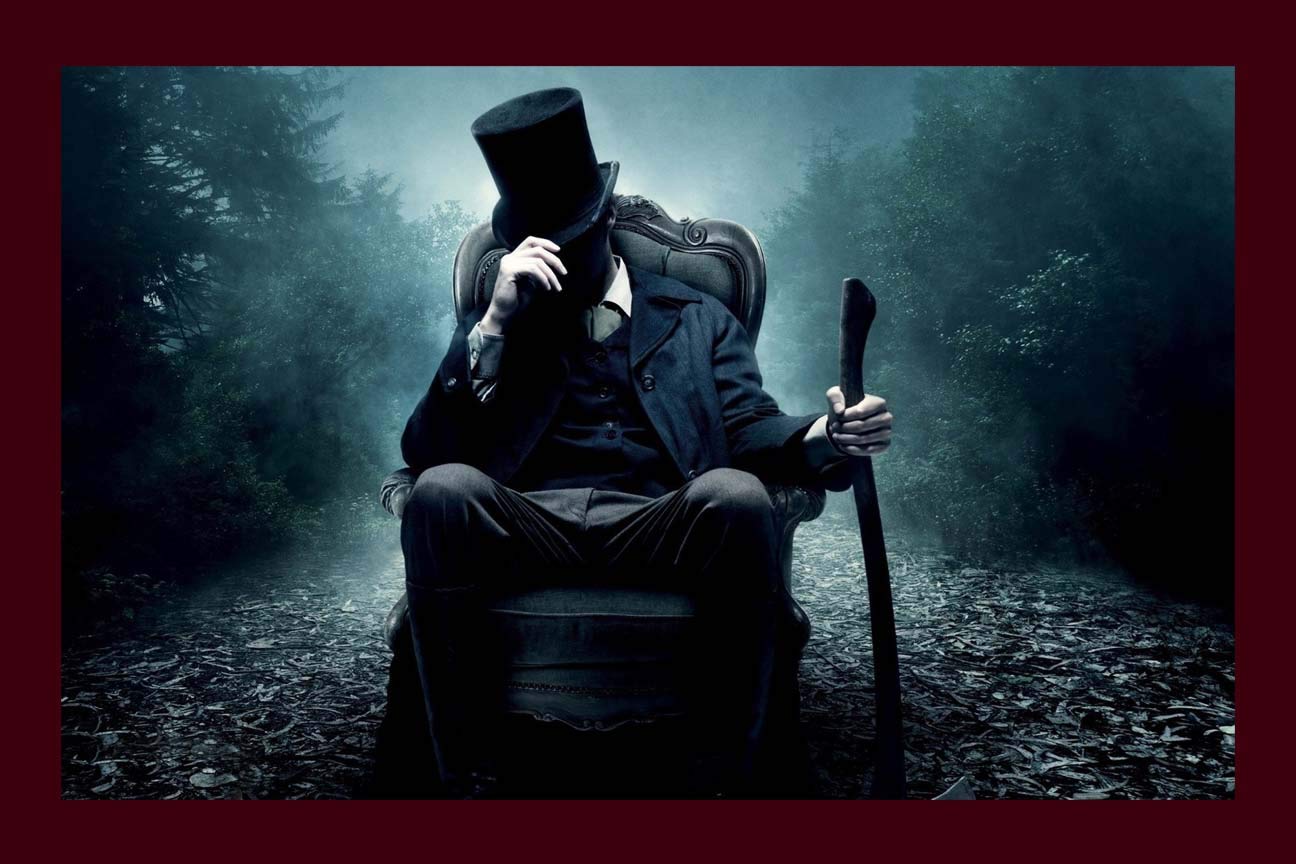When Ikkyu died himself, he collected all his disciples and asked them,” Just tell me some new way of dying, because I am not interested in imitation. People die on their beds; I don’t want to die on the bed.” The bed is the most dangerous thing — 99.9 percent of people die there, beware! So whenever you go to bed, remember: This place is very close to the graveyard. His disciples knew that he was a crazy man — now, whoever has ever bothered about how one dies? People simply die….
Ikkyu asked, “Has somebody a suggestion?”
One man said, “You can die sitting in the lotus posture.” Ikkyu said, “That is not new. Many other masters have died in that posture. Suggest something new, novel!”
One man said, “You can die standing.” Ikkyu said, “That looks a little better.” But a disciple objected; he said, “Although it is not well known, I know one Zen master who has died standing. So you will be number two.” Ikkyu said, “Then reject it. Suggest something new. I want to be first!”
One of his disciples suggested, “Then there is only one way. You die standing on your head, in a headstand, shirshasana. Nobody has ever tried it.” Ikkyu said, “That is right. That suits me! I am so grateful to you.” He stood on his head and died.
Now the disciples were in trouble. They knew what to do when somebody dies on a bed — that his clothes have to be changed, that he has to be given a bath, new clothes have to be put on him, and then he is taken to the funeral — but what to do with this man who is standing on his head? He has not even fallen, and he is dead!
They tried in every possible way to find out whether he was dead or alive. He was dead, but there was no precedent, so they didn’t know what procedure should be followed.
Somebody said, “I know his elder sister, who is also a Zen mystic. She lives in a nearby monastery. And he was always respectful to her. I will call her, perhaps she can say something. It is better to enquire before we do anything wrong.”
The sister came, and she was very angry. She came and she said, “Ikkyu, you have been your whole life mischievous; at least in death, behave! Just lie down on the bed!” And Ikkyu jumped up and lay down on the bed and died. And the sister simply went out. She did not bother that he had died.
In the East it is not thought good to not follow the order of your elders, and particularly at such a moment. The disciples were amazed, because they had tried everything — the heart was not beating, the pulse was not there, they had moved a mirror in front of his nose, and there was no shadow of vapor. What had happened?
As the sister shouted at him, he immediately jumped, and just like an obedient child lay down on the bed and died! Even death is a game. And the sister did not even wait for the funeral.
To those who know that life is eternal, death means nothing. It is the death only of your physical body, not of your consciousness. And particularly a man like Ikkyu is not going to be reborn; he will not be again encaged in another body. He will be moving into the eternity, into the ocean of the consciousness of the whole existence. It is a moment of celebration.
Be Playful
Who has thought that death is also play? It is play, if you live life playfully, then death is also a play.
Let me start today with Socrates:
When Socrates was dying he was so enchanted that his disciples could not understand what he was feeling so happy about. One disciple, Credo, asked, ‘Why are you looking so happy? We are crying and weeping.’
Socrates said, ‘Why should I not be happy? I have known what life is, now I would like to know what death is. I am at the door of a great mystery, and I am thrilled! I am going on a great journey into the unknown. I am simply full of wonder! I cannot wait!’ And remember, Socrates was not a religious man; Socrates was not in any way a believer. Somebody asked, ‘Are you so certain that the soul will survive after death?’ Socrates said, ‘I don’t know.’
To say, ‘I don’t know’ takes the greatest courage in the world. It is very difficult for the language professors to say, ‘I don’t know’. It is difficult for the parrots. Socrates was a very sincere and honest man. He said, ‘I don’t know.’
Then the disciple asked, ‘Then why are you feeling so happy? If the soul does not survive,
then…?’
Socrates said, ‘I have to see. If I survive there can be no fear about it. If I don’t survive, how can there be fear? If I don’t survive, I don’t survive. Then where is the fear? There is nobody there, so fear cannot exist. If I survive, I survive. There is no point in getting afraid about it. But I don’t know exactly what is going to happen. That’s why I am so full of wonder and ready to go into it. I don’t know.’
A religious man, a really religious man-not the so-called religious people-is one who says ‘I don’t know.’ When you say, ‘I don’t know’ you are open, you are ready to learn. When you say, ‘I don’t know’ you don’t have any prejudice this way or that, you don’t have any belief, you don’t have any knowledge. You have only awareness. You say, ‘I am aware and I will see what happens. I will not carry any dogma from the past.’
This is the attitude of a disciple, the attitude of one who wants to learn. And discipline simply means learning. A disciple means a learner, one who is ready to learn, and discipline means learning.
Learner is playful.
Learning from the story Mischievous In Death: Be Playful.
Experience Learning
Be Playful How?
Work should be considered as play, not as work. Work should be considered as play, just a game. You should not be serious about it; you should be just like children playing. It is meaningless, nothing is to be achieved; just the very activity is enjoyed. You can feel the distinction if you play sometimes. When you work it is different: you are serious, burdened, responsible, worried, anxious, because the result, the end-result, is the motive. The work itself is not worth enjoying. The real thing is just in the future, in the result. In play there is no result, really. The very process is blissful. And you are not worried, it is not a serious thing. Even if you look serious, it is just pretending. In play you enjoy the very process; in work the process is not being enjoyed — the goal, the end, is important. The process has to be tolerated anyhow. It has to be done because the end has to be achieved. If you could achieve the end without this, you would drop activity and jump to the end. But in play you would not do that.
If you are not playful, you cannot be meditative. Be more and more playful. Waste time in play. Just playing with children will do. Even if there is no one, you can jump and dance alone in the room and be playful. Enjoy. But your mind will go on insisting, “What are you doing, wasting time? You can earn something out of this time. You can do something, and you are just jumping, singing, and dancing. What are you doing? Have you gone mad?
Try it. Snatch whatsoever time you can get out of your work, and be playful. Whatsoever. You can paint, you can play on a sitar, anything you like — but be playful. Look for no profit out of it, see no future in it, just the present. And then, then you can be playful inside also. Then you can jump on your thoughts, play with them, throw them here and there, dance with them, but not be serious about them?











